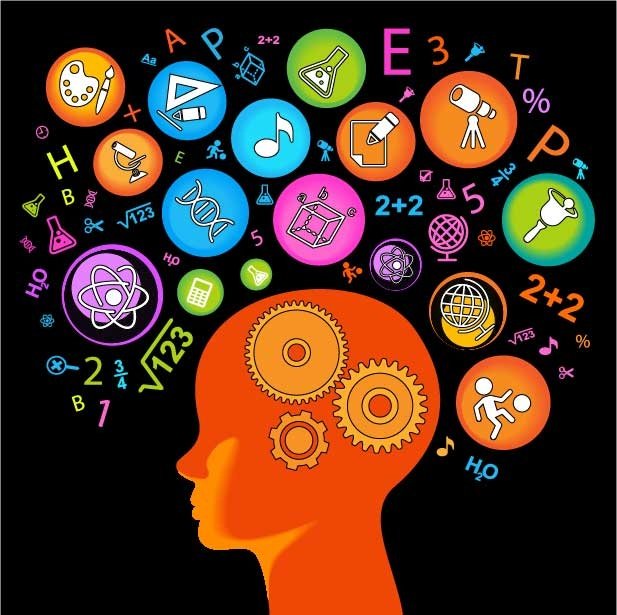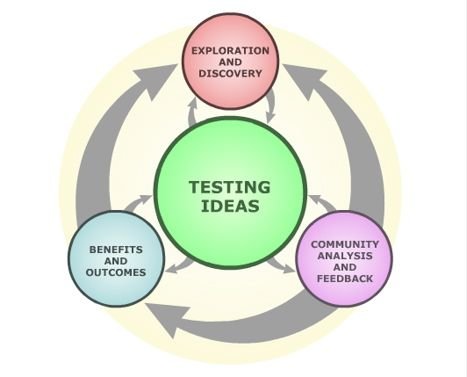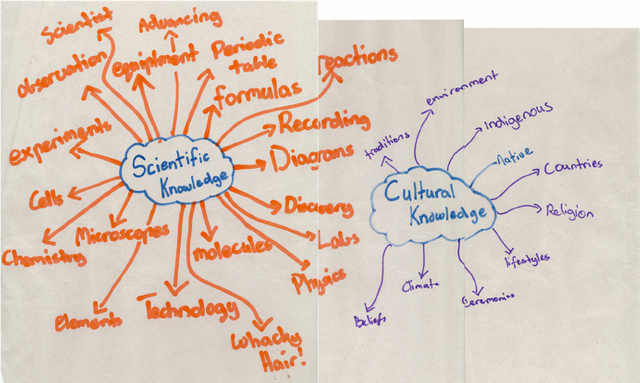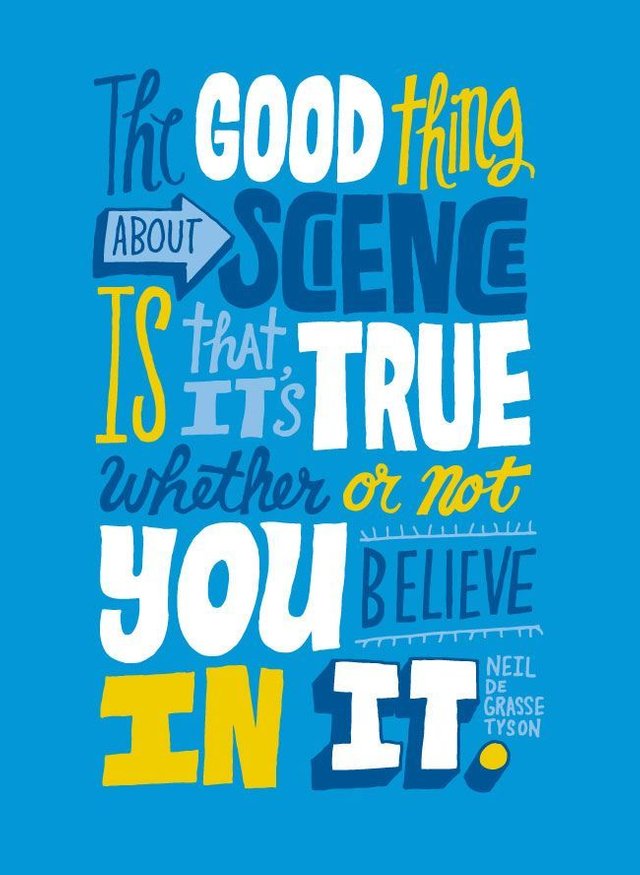Scientific knowledge is the reason for the existence of science

Image Source
Scientific knowledge alludes to a generalized body of laws and theories to clarify a conduct of interest that are procured utilizing the scientific technique. Laws are watched examples of practices, while theories are efficient clarifications. In physics, the Newtonian Laws of Motion depict what happens when an object is in a state of rest or motion, what compel is expected to move a stationary object or stop a moving object, and what happens when two objects impact.
All things considered, the three laws constitute the premise of traditional mechanics – a theory of moving objects. In like manner, the theory of optics clarifies the properties of light and how it carries on in various media, electromagnetic theory clarifies the properties of electricity and how to generate it, quantum mechanics clarifies the properties of subatomic particles, and thermodynamics clarifies the properties of energy and mechanical work.
Comparable theories are additionally accessible in social sciences. For example, cognitive cacophony theory in psychology clarifies how individuals respond when their observations of an occasion is not the same as what they expected of that occasion, general deterrence theory clarifies why a few people participate in shameful or criminal practices, for example, unlawfully download music or carry out software piracy, and the theory of arranged conduct clarifies how individuals settle on cognizant reasoned decisions in their regular daily existences.

Image Source
Objective of Scientific Research
The objective of scientific research is to find laws and propose theories that can clarify normal or social phenomena, or as it were, assemble scientific knowledge. Understand that this knowledge might be blemished or even very a long way from the truth. Now and then, there may not be a solitary generally accepted fact, but instead a harmony of multiple truths.
We should comprehend that the theories, whereupon scientific knowledge is based, are just clarifications of a specific phenomenon, as recommended by a scientist. Accordingly, there might be good or poor clarifications, contingent upon the degree to which those clarifications fit well with reality, and subsequently, there might be good or poor theories.
The advance of science is set apart by our movement after some time from poorer theories to better theories, through better observations utilizing more precise instruments and more educated logical reasoning. We touch base at scientific laws or theories through a procedure of rationale and proof. Rationale which touched base from theory and confirmation from observations are the two columns whereupon scientific knowledge is based.
In science, theories and observations are interrelated and can't exist without each other. Theories give importance and noteworthiness to what we watch, and observations help approve or refine existing theory or build new theory. Some other methods for knowledge securing, for example, faith can't be thought about science.

Image Source
2 Levels of Scientific Research
- Theoretical level worried about creating dynamic ideas about a characteristic or social phenomenon and connections between those ideas
- Empirical level worried about testing the theoretical ideas and connections to perceive how well they mirror our observations of reality, with the objective of eventually building better theories
A theory turns out to be increasingly refined after some time, and the science picks up development. Scientific research includes constantly moving forward and backward amongst theory and observations.
Types of Scientific Research
Inductive Research (Theory-Building)
Objective of the researcher: To deduce theoretical ideas and examples from watched information.Deductive Research (Theory-Testing)
Objective of the researcher: To test ideas and examples known from theory utilizing new empirical information.
Inductive and deductive research are two parts of the research cycle that always emphasizes amongst theory and observations. You can't do inductive or deductive research on the off chance that you are not acquainted with both the theory and information components of research. Normally, a total researcher is one who can navigate the whole research cycle and can deal with both inductive and deductive research.

Image Source
References:
The Nature of Scientific Knowledge
Sociology of Scientific Knowledge
Goals of Scientific Research
Inductive and Deductive Research